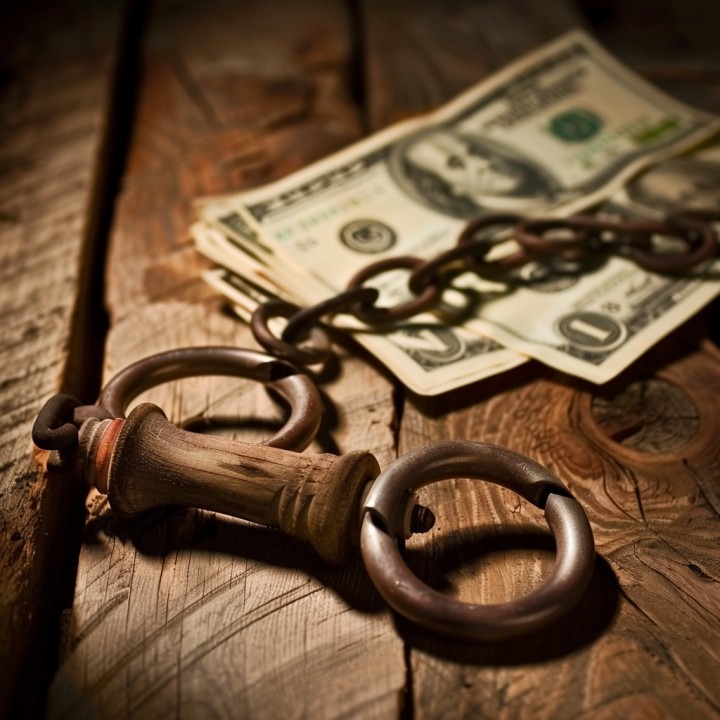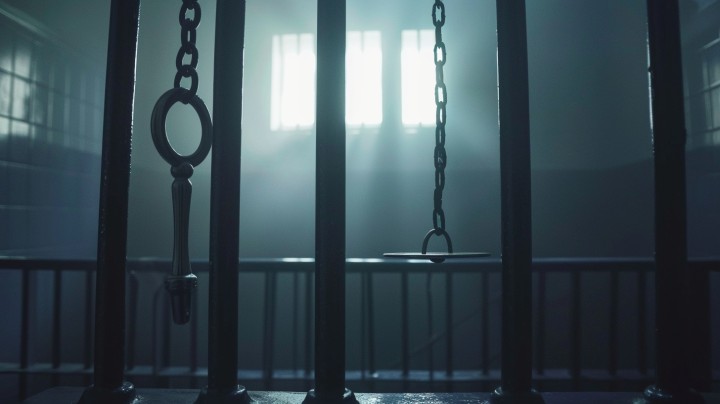You’re out on bail and face an upcoming court date. This is the time to be on your very best behavior. How you handle your bail will tell the court how seriously you’re taking the charges, and it can be an indicator of guilt or innocence.
Put your best foot forward by obeying the terms to the letter of the law. To help, we’ve put together a list of six do’s and don’ts as you move into this chapter of adjudication.
1. You Must Obey All Conditions Set By the Court When Out On Bail
Bail conditions are set by the court in order to ensure that the individual accused of a crime does not pose a risk to society and will return for their court date. Common conditions of bail include obeying a curfew, maintaining employment, surrendering firearms, and refraining from drug and alcohol use.
While these conditions may seem strict, they are necessary to protect the public and ensure that the individual accused of a crime has the best opportunity to defend themselves in court. If a condition seems too restrictive, ask the court to modify it. To do so, however, you must show that you can still comply with the conditions of bail and pose no risk to society.
2. You Must Not Leave the Jurisdiction Without Permission
Something else you cannot do if you are out on bail is to leave the jurisdiction. At least, you cannot without a good reason and without clearing it with the court first. Some legitimate reasons to leave the jurisdiction may exist. Those include:
- You have a family emergency and need to travel
- Your job requires you to travel
- You need to access medical care not available in the jurisdiction
If you must leave, you’ll need to get permission from the court first. You may also need to meet established check-in conditions along the way, or wear a tracking device that allows officials to know your whereabouts.
3. You Must Not Commit Any Further Offenses
It seems obvious, but you’d be surprised at the number of people who re-offend while out on bail. Recidivism rates vary by state. In Texas, the number is around 21 percent. That’s why one of the conditions of bail is that you do not commit any further offenses. If you break this condition, your bail will likely be revoked.
4. You Must Not Contact the Victim or Any Witnesses in Your Case
Once you’re out on bail, it is important to remember that you are still considered a suspect in the eyes of the law. As such, you should avoid contact with any victims or witnesses in your case.
Doing so could be seen as an attempt to influence their testimony, and it could result in your bail being revoked. There are some exceptions to this rule, however.
If you need to contact a witness in order to obtain evidence that is necessary for your defense, you may be able to do so with the permission of the court. Similarly, if you wish to apologize to the victim for your actions, you may be able to do so under supervision and with the approval of the court. However, it is always best to err on the side of caution.
5. You Cannot Remove Any Electronic Tags or Monitors
There are several different types of tracking devices that courts may require individuals to wear while out on bail. The most common type is an ankle bracelet, which uses GPS technology to track the wearer’s movements.
Other common tracking devices include electronic monitoring systems, which track the wearer’s whereabouts via a landline telephone, and global positioning system (GPS) devices, which use satellite technology to track the wearer’s location.
If an individual removes a tracking device without permission, they may be subject to additional charges, including violating the terms of their bail. In some cases, individuals who remove their tracking device may also be subject to a warrant for their arrest, and they could incur added penalties for damaging government property.
6. You May Have to Observe a Curfew
A curfew is a common condition of bail in the state of Texas. The purpose of a curfew is to restrict the movement of a person accused of a crime during certain hours.
Curfews are usually imposed for public safety reasons, and to reduce the likelihood that the accused will commit another crime. In Texas, common curfew hours are from 10 p.m. to 6 a.m. However, curfews can be imposed for any time period.
Furthermore, they may vary depending on the facts of the case and the criminal history of the accused. Violating a curfew is a serious offense, and can result in the revocation of bail and even jail time. Therefore, it is important to obey any court-imposed curfew conditions.
Being Out On Bail Is An Opportunity
This is your chance to show that you’re taking the charges seriously, that you stand by your innocence, or that you’re ready to take responsibility for anything you may have done.Take it seriously, and it will speak well for your case. And once your bail is set, make sure you’ve got the right support and resources for taking advantage. That’s where Delta Bail Bonds can help. We have many years of experience helping others with an early release so they can focus on building their case and getting life back on track. Contact us today to learn more!






